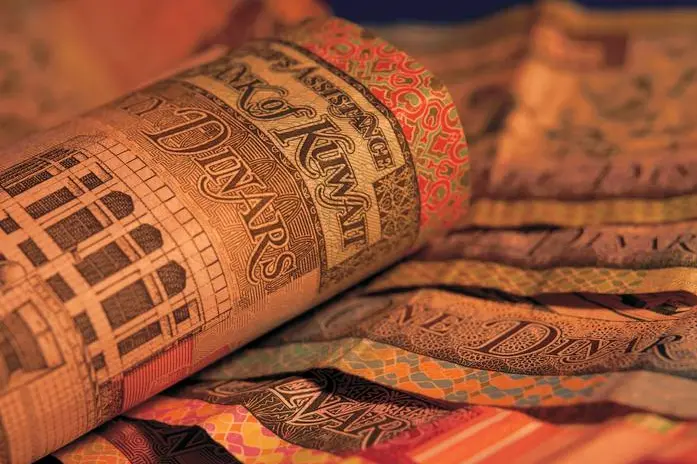PHOTO
KUWAIT CITY: Minister of Social Affairs and Community Development and Minister of Electricity, Water and Renewable Energy, Dr Misha’an Al-Otaibi, has issued a ministerial decision which includes the executive regulations on public aid and defines the categories eligible for this aid.
The executive regulations, a copy of which has been obtained by the Al- Seyassah daily, indicates every Kuwaiti who lives in Kuwait and has no income or income less than the value of the prescribed assistance when it is due, is entitled to public assistance.
He noted it is due to both the widow and the divorced woman who has completed her legal waiting period from marriage even if the mother who has children remarries or if parents are unknown, and if not one of those placed in care homes.
This is in addition to every Kuwaiti who has reached the age of sixty, and a Kuwaiti who is 18 years and above and is sick and the sickness prevents him from working; a student who was enrolled in one of the public education schools and has no university education, provided that he is willing to continue his studies and does not have a supporter.
A married student who joined the university after obtaining a high school certificate or its equivalent and is enrolled in Kuwait University or one of the applied colleges or private universities, whether inside or outside the country, is also eligible for the aid provided he is recognized by higher education and studies at his own expense and does not receive any payments such as the reward for students at Kuwait University and Public Authority for Applied Education and Training (PAAET).
The aid can also be availed by a prisoner who has been released after completing the prison term or released upon Amiri Pardon and is jobless, and the family of the prisoner who suffered after the breadwinner’s imprisonment the source of his income was lost, whether in whole or in part, and in the case of polygamy each wife and her children is considered an independent family in the assessment of assistance and the prisoner is not included among the family members when assessing assistance, in addition to the financially disabled person whose income is less than what he and his family would have deserved when receiving assistance, provided that he proves his inability to do other work to increase his income.
The source pointed out that the aid is also due to an unmarried girl who is over eighteen and has no breadwinner, as well as to a Kuwaiti woman married to a non- Kuwaiti, or divorced from him, or the husband has died, or it is proven that he is unable to do any work based on a medical report approved by the official authorities and that the woman supports her children from him, as well as the married Kuwaiti woman who has reached the age of 55 and proves that she has no stable source of income for her.
To be eligible for assistance, the regulation stipulates that the applicant’s residence in Kuwait must be proven, and is considered a resident if his residence continues for a period of no less than 245 continuous or separate days during the year.
The assistance will be stopped if it is proven that the residence condition is violated and it is not re-disbursed until two months have passed from the date of entry.
© 2021 Arab Times Kuwait English Daily. All Rights Reserved. Provided by SyndiGate Media Inc. (Syndigate.info).





















